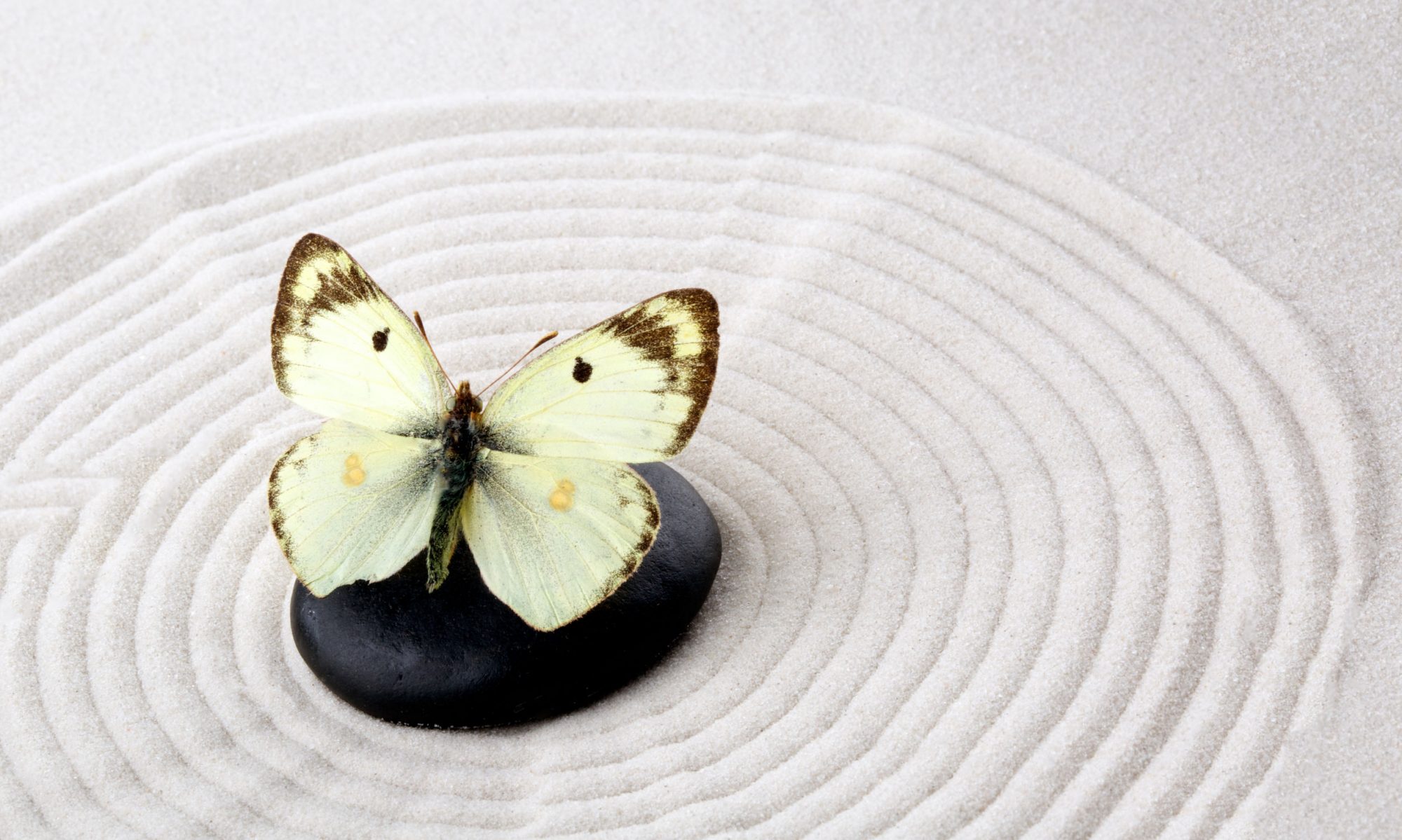I have had a long time to think about addiction and recovery from addiction, both in my own life and in my work with others. Over the years there are some memories that stand out, and one such memory was in 1991, I was early in my recovery and someone said something to me that has resonated with me, even all these years later. They said that stopping the addictive behavior was only a prerequisite to get to the actual work we must face on our recovery journey. At the time I was shocked and, to be honest, I really didn’t quite believe it. I mean surely if you stop the addictive behavior, your life would immediately fall into place and all the issues that previously plagued you would just effortlessly resolve. I suppose looking back my thought process was a magical blend of naivete and wishful thinking but, in my defense, I was absolutely desperate to find a concrete, black and white answer to my suffering so I could ferret out a quick solution and leave behind the lifetime of trauma I carried with me like a second skin. As you might have guessed, through the passage of time and the unpredictability of life, I found out rather quickly that what lay neglected and buried had not only fueled my addiction but was what I had been running from and desperately needing to find the courage to face.
You know addiction has often reminded me of the great and powerful Wizard from the Wizard of Oz. At first, he appears frightening with all of his theatrics and his dramatic presence but as we dig deeper, we learn that beneath it all he is simply a frightened and powerless man trying to feel safe in an uncertain world. This is an apt metaphor for addiction. It appears so big and scary from the outside but when we can slow down and see what’s beneath the surface of the addiction… well let’s just say that somewhere in our suffering and vulnerability is where our real work begins. Now don’t get me wrong, addiction itself is a problem. You only need look at the news to see the staggering impact of how our addictions are wreaking havoc in our world. Overdose deaths, obesity, incarceration, and skyrocketing medical costs to name just a few. I mean addiction is a crazy making disease, recklessly spreading its chaos, disrupting and devastating lives, stealing the things we most value, that make our lives feel meaningful.
But you know what? Our addictions honestly did not start out that way. I think really it would be more accurate to say that our addictions initially served as a solution to an overwhelming problem and a means to provide comfort to an overwrought nervous system. Research bears this out. Decades of research into adverse childhood experiences reveal the close relationship between early trauma and adversity with later issues of addiction. Those brain changes from the early adversity set the stage by making us vulnerable to the siren song of addiction and the relief they always promise to provide but never do for long. I can still remember, all these years later how I felt after that first drink, how inexplicably the anxiety that had been so heavily anchored to my body for what felt like forever effortlessly slipped away and was replaced by a much longed for sense of well-being. Or maybe you can connect to the curious mix of both relief and enjoyment after eating way too much of that rich, decadent chocolate cake- how at the time it felt almost nurturing and later came to masquerade itself as self-care.
Addictions are all still highly stigmatized and demonized. No doubt, it is heartbreaking the damage it does not only to the person with the addiction but also to our families and everyone that touches our lives. But when I truly understood at a deep level that our addictive behaviors were an attempt to relieve incredible suffering and offer reprieve to a body that may have been locked in overdrive since childhood, only then I was able to see myself through the lens of compassion and let go of my deeply rooted habitual patterns of shaming myself. I could finally acknowledge that little girl who needed to be held, needed the co-regulatory support of a healthy caregiver and when that was not available looked for anything in its absence that would bring comfort, however inadequate.
It has been this understanding around the origins of my addiction and the willingness to stop punishing myself and instead, offer the comfort and support that I had been deprived that has allowed for growth and healing to take place. We must recognize that the shame and neglect the person struggling with addiction faces is often a heartbreaking replication of the original childhood wound. So, if you have someone in your life who is struggling with addiction, or perhaps you have been down this road yourself, please try to remember that the greatest expression of love we have to offer is to be exceedingly gentle and unceasingly kind. Above all we must never forget that we all have a story.
“Be kind, for everyone you meet is fighting a hard battle” Socrates

One small change can change everything…